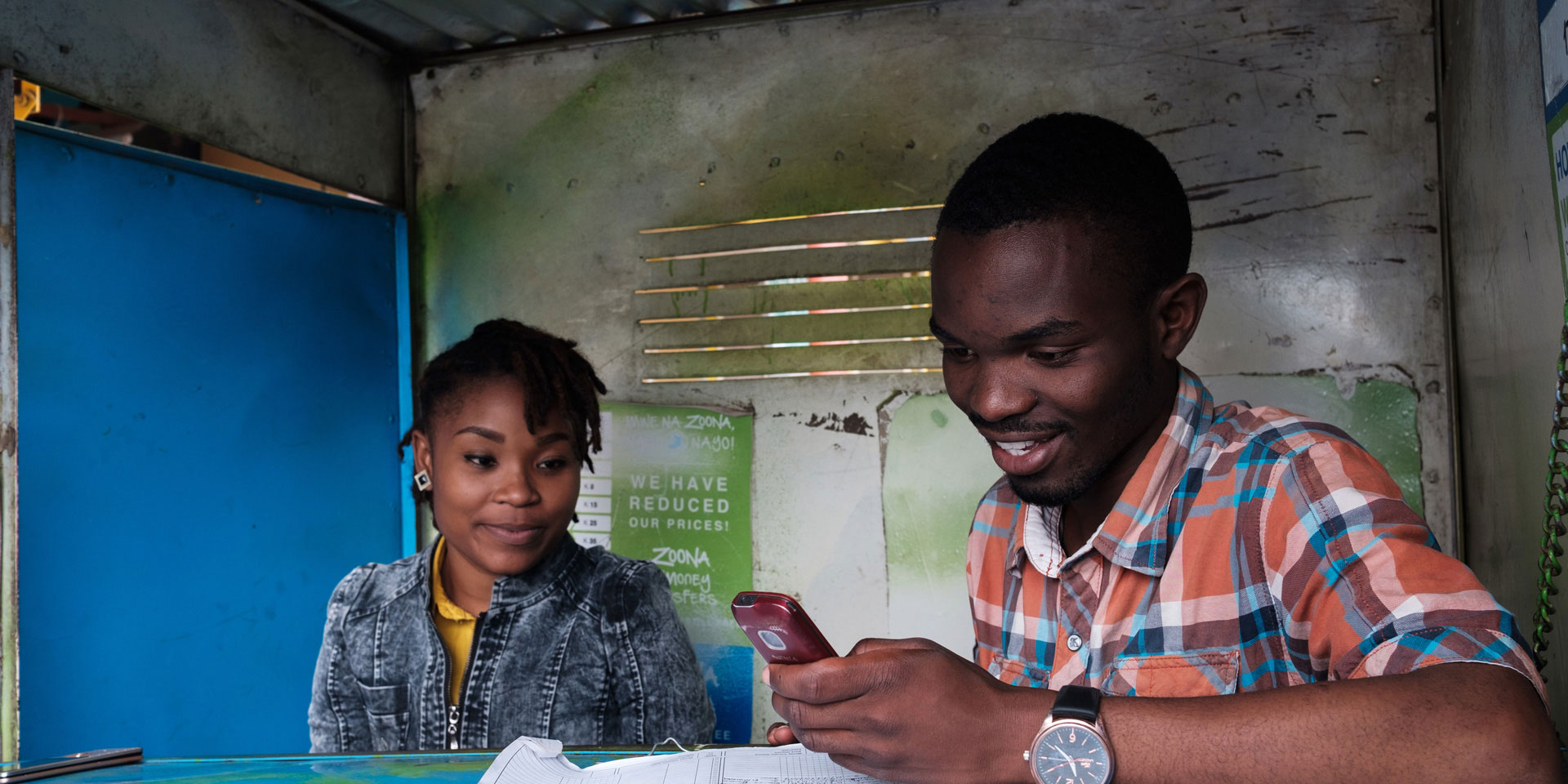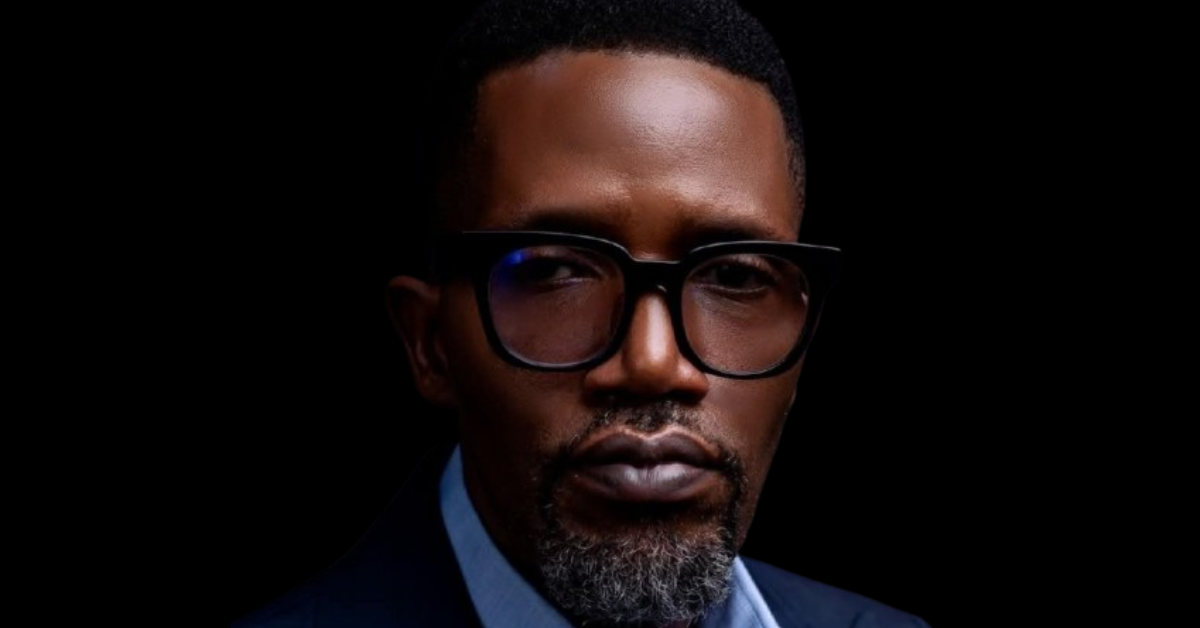Fintech is growing in Africa thanks to strategic partnerships between startups, banks and diverse categories of global companies. According to McKinsey & Company, at least five models of partnerships are currently favoured.
One model is a vendor relationship: a bank that needs to quickly go to market with an innovation opts to ride on a fintech’s technology, avoiding the hassle of building from scratch.
In a distribution model, a digital-only bank (say Kuda) partners with traditional banks to offer in-branch deposits, ATM withdrawals and card issuance. Chaka, the recently licensed stock trading app, has been able to provide investment options to users by working with brokerage partners.
Other partnership models from McKinsey’s research include strategic Investments (like Visa’s 20% stake in Interswitch); joint ventures (where two entities create a common product together); and outright acquisitions – the popular example over the past year being Paystack’s acquisition by Stripe.
Whatever the partnership type, the aim is to win. For a startup, a long term win might be a successful exit or Initial Public Offering (IPO). Otherwise, the immediate goal is to accelerate growth at a rate they wouldn’t be able to achieve if they worked alone.
But partnerships don’t automatically work just because two parties have good intentions or similar ambitions.
Not a piece of cake
“Success should not be taken for granted and both parties need to be well prepared,” says Mayowa Kuyoro, partner at McKinsey and head of its West Africa financial services practice.
Alignment on resources, culture and regulatory compliance, among other factors, is key.
It’s a consideration that is always on Abubakar Suleiman’s mind. As CEO of Sterling Bank, Suleiman receives partnership offers regularly and believes himself open to having many conversations.
But he has identified a problem: “More often than not, we are not clear about the problem we are trying to solve,” Suleiman said. “We are trying to jump into partnerships because we think there is profit to be shared.”
Partnership conversations have worked better for Suleiman when the initial focus was on problems and the capacity to solve them. And so he wishes to encourage an approach that frames partnerships in terms of capabilities, not institutions.
For example, a startup that needs a partner for regulatory issues should go for the most capable and experienced firm on the subject. It should not matter whether this firm is a big bank or whatever else.
What’s on the table?
That said, the size of rewards at stake for both parties matters.
“It is important to make sure the economics work out for everybody,” says Tayo Oviosu, co-founder and CEO of Paga.
He cites the example of Paga’s partnership with Interswitch in the 2010s which, though initially successful in terms of returns to both parties, tapered off for a while. It raised a need for a review after which Paga decided it was in its best interest to plug directly into every other billing services provider in Nigeria.
Ria, the money transfer service provider, operates in 43 African countries. According to Robert Kotei, operations director for Africa, startups and companies present beyond one country can be more appealing to multinational companies looking for partnerships.
However, sometimes a startup may need to patiently prove itself before landing big partnerships.
While getting Bankly off the ground in 2019, Tomilola Majekodunmi faced the dilemma of deciding what partners she needed for the startup’s ambition to digitalise contributory savings networks known as ajo. To achieve this, Bankly planned to work with telcos.
It didn’t work out, partly because the potential partners were already looking to directly offer services similar to what Bankly proposed. They did not see a unique advantage to entice them towards a partnership.
“We couldn’t get a fair or just partnership either because we were too young or too small for these big players,” Majekodunmi said. So Bankly spent two years building an agent network which now numbers 15,000 agents across Nigeria.
Minimum viable partnerships
Elsa Muzzolini, a general manager for MTN’s mobile financial services, acknowledges the difficulty in partnering with relatively small startups. Three factors, she said, are often at play.
Parties may have different expectations for how long deals take to complete. They may diverge on the initially agreed scope, and finding the precise contact person who can activate decisions can be hard.
Where these factors come together, partnerships can work. But Muzzolini would like startups to seek avenues for collaboration that bypass the formal phases that a typical partnership entails.
“Can we do a lighter form of partnership? Get my API, run with it. Maybe at a later stage as your numbers grow, we can discuss co-branding and other things.”
Follow all TechCabal Live conversations on our YouTube channel. This edition was brought to you in partnership with Chaka and offered expert insights from McKinsey & Company.




















